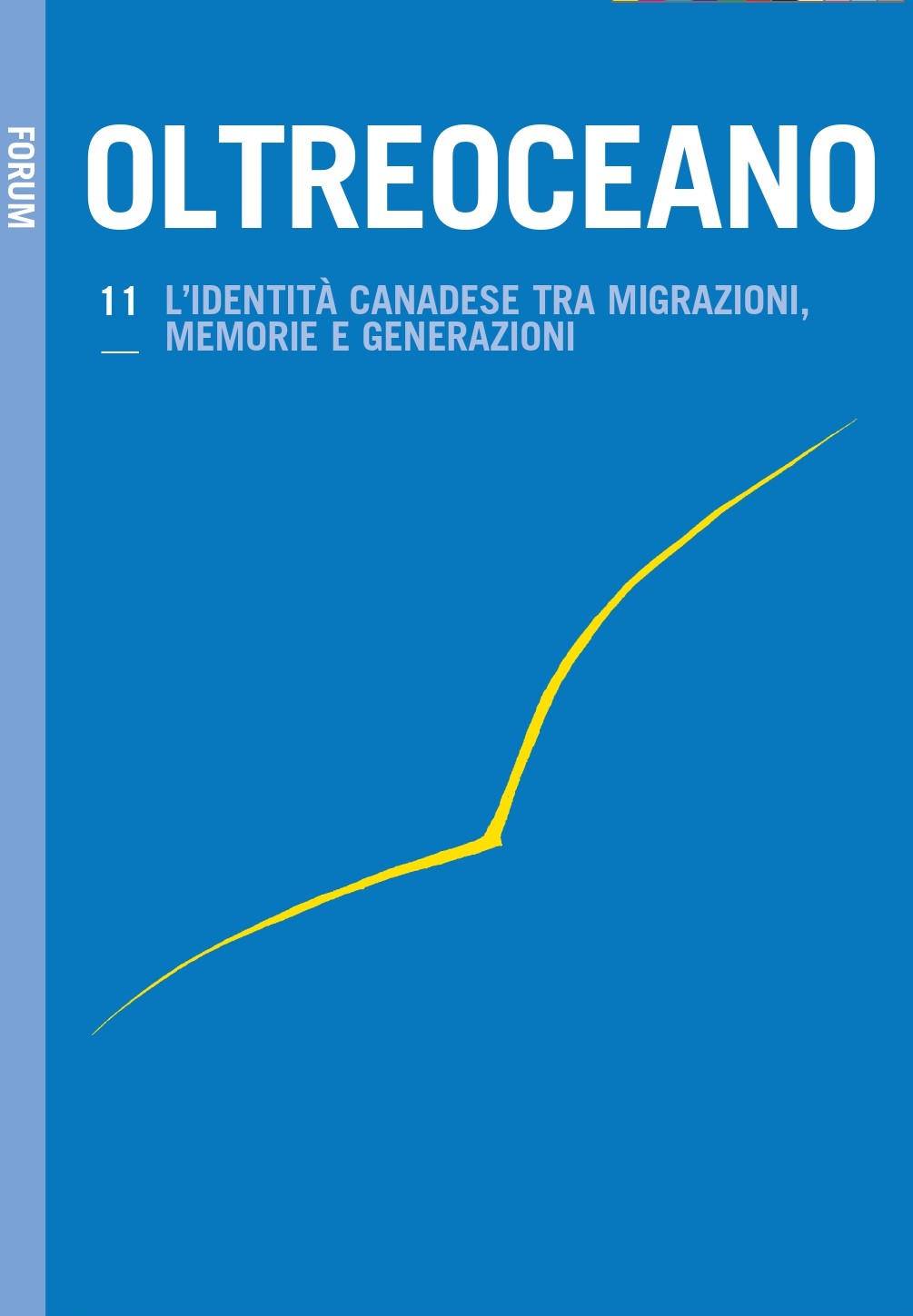Voir ce qui est devenu invisible. Lecture d’Il y a trop d’images et de Tout ce que tu possèdes de Bernard Émond
Keywords:
Émond, film, Québec, héritageAbstract
Dans le cadre de cet article, l’auteure s’attache aux différentes métaphorisations du regard qui traversent le recueil d’essais Il y a trop d’images afin de réfléchir à certains des paradoxes – avoués ou non – qui sous-tendent la pensée du cinéaste Bernard Émond. L’analyse porte également sur le film Tout ce que tu possèdes (2012), lequel est centré sur la question de la transmission des héritages et des valeurs tant culturelles que matérielles. Le cinéaste conjugue une critique impitoyable du monde contemporain à une forme d’engagement dans la cité et il tente, sans toujours y parvenir, de juger son propre temps sans succomber à l’aveuglement.
La transmission des legs et des valeurs y est ainsi indissociable d’une réflexion éthique sur la construction de l’identité et de la mémoire collectives au Québec.
See What Has Become Invisible. An Analysis of Il y a trop d’images and Tout ce que tu possèdes by Bernard Émond
The analysis includes the collection of essays Il y a trop d’images and the film Tout ce que tu possèdes (2012) by the filmmaker Bernard Émond which focuses on intergenerational relations as well as the transmission of heritage and cultural and material values. The filmmaker combines a relentless critique of the contemporary world in a form of commitment and is trying, not always successfully, to judge his own time without succumbing to blindness. The transmission of legacy and values is thus inseparable from ethical reflection on the construction of identity and collective memory in Quebec.
Vedere ciò che è diventato invisibile. Analisi di Il y a trop d’images e di Tout ce que tu possèdesdi Bernard Émond
L’analisi si concentra sulla raccolta di saggi Il y a trop d’images e sul film Tout ce que tu possèdes (2012) del regista Bernard Émond, che trattano delle relazioni intergenerazionali e della trasmissione del patrimonio e dei valori sia culturali che materiali. Il regista coniuga una critica impietosa del mondo attuale con una forma di impegno sociale e tenta, senza riuscirci completamente, di giudicare il presente in modo imparziale. La trasmissione del patrimonio e dei valori risulta quindi inseparabile dalla riflessione etica sulla costruzione dell’identità e della memoria collettiva in Québec.
Downloads
References
Caumartin, A. (2014): La pensée qui fourche: dislocation de l’essai québécois. Voix et Images, 117, pp. 83-94.
Didi-Huberman, G. (2000): Devant le temps. Histoire de l’art et anachronisme des images. Paris: Minuit.
Émond, B. (201): Il y a trop d’images. Textes épars: 1993-2010. Montréal: Lux.
Maingueneau, D. (2006): Contre Saint Proust ou la fin de la littérature. Paris: Belin.
Marx, W. (2005): L’adieu à la littérature. Paris: Minuit.
Nepveu, P. (1999): L’écologie du réel, 1988. Montréal: Boréal.
Pasolini, P. P. (1976): Écrits corsaires. Paris: Flammarion.
Rancière, J. (1998): Aux bords du politique. Paris: Gallimard.
Ricard, F. (1988): Remarques sur la normalisation d’une littérature. Écriture, 31, pp. 11-19.
Rivard, Y. (2010): Une idée simple. Montréal: Boréal.
Rivard, Y. (2012): Aimer, enseigner. Montréal: Boréal.
Rivard, Y. (2015): Exercices d’amitié. Montréal: Leméac.
Todorov, T. (2006): La littérature en péril. Paris: Flammarion.
Arcand, D. (Réalisateur), (1981): Le confort et l’indifférence (film documentaire). Montréal: ONF.
Émond, B. (Réalisateur), (2012): Tout ce que tu possèdes (film de fiction). Montréal: ACPAV.
Downloads
Published
How to Cite
Issue
Section
License

This work is licensed under a Creative Commons Attribution-NonCommercial-ShareAlike 4.0 International License.
The authors undertake to comply with the following conditions, which are considered accepted at the time of submission of their contributions.
The sending of a text implies that it is unpublished and not submitted to be published elsewhere.
1. If accepted, the author shall confer on the publisher the right to publish and distribute it both in paper form and in the online electronic edition. The published articles will be downloadable and made available in open access.
2. Provided that it correctly indicates that the first publication took place in the journal Oltreoceano. Rivista sulle migrazioni the author has the right to: a) reproduce the article in separate extracts or collected in a volume; b) publish the article on their personal website or teaching site provided that these sites are of a non-commercial nature; c) deposit the article in online archives of a non-commercial nature, linked to the institution they belong to or as part of projects for the non-commercial dissemination and open access of scientific works.
The use of contributions by third parties, for commercial or otherwise unauthorized purposes, is not allowed. The publisher declines all responsibility for the unauthorized use of the material published in the journal.












